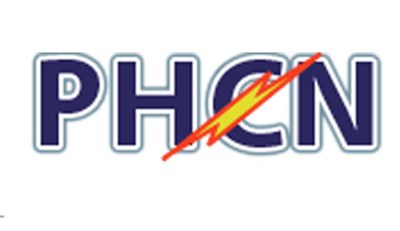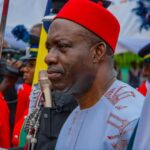The results of 35 years of Nigeria’s privatization programme are a mixed-bag of the good, the bad and the truly ugly. Overall, however, the programme has been rather disappointing. In the public entities where local technical and managerial capacities exist, such as flour mills, hotels, oil palm and cement companies, to mention a few, the results have been nothing short of spectacular. For these successful ones, Nigeria appears to have done better without government involvement in the companies.
For other enterprises, such as Nigeria Airways, Nigeria Telecommunications (NITEL), the steel mills and more, privatization was so scandalously managed, and the results so ugly, that the companies simply died or got worse than they were before the exercise. In the oil sector, particularly, privatization has proved politically too hot for any government to accomplish fully, never mind privatization-by-stealth encapsulated in the Petroleum Industry Act (PIA).
Yet, even within this potpourri of processes and results, privatization in the power sector is in a class of its own. Begun in 2005 through the Electric Power Sector Reform Act, which transformed the former National Electric Power Authority (NEPA) into the Power Holding Company of Nigeria (PHCN), the original goal was to “unbundle” electricity generation, transmission, bulk trading, distribution and regulation—activities previously all carried out by NEPA/PHCN—into distinct spheres of operation by separate entities within the same value-chain.
This tortuous process was expected to see the gradual withdrawal of government involvement in the sector in order to improve service delivery through stable power supply, increase generating capacity, transfer skills and know-how, and well, deliver profits to investors. The results so far are difficult to judge. The biggest problem has been a lack of clarity of purpose on the part of the government itself: should electricity generation, transmission and distribution in Nigeria remain wholly in the hands of government or wholly private-sector owned? The answer is a clumsy hybrid of sole government ownership, concession, partial privation, full privatization and public-private partnerships at different points in the value chain.
Transmission and bulk trading remain wholly under federal government ownership through the Transmission Company of Nigeria (TCN) and the Nigerian Bulk Electricity Trading (NBET) Plc, respectively. Two of the generating companies, the GenCos, Kainji Hydro-Electric and Shiroro Hydro-Electric, are still owned by government but under concession to private operators. The other gas-powered GenCos are privately owned, although there are still pockets of government ownership in that subsector through the National Integrated Power Project (NIPP).
While the plants under concession or privatized are not faring too badly, those owned jointly by the federal, state and local governments through the NIPP and the Niger Delta Power Holding Company (NDPHC) have lost N190 billion since August 2020, according to recent news reports. Thus, with such a complex and rather opaque system of ownership, it is little wonder that not much has changed in the sector since 2005, except by way of persistent hikes in electricity tariffs.
But the weakest link remains the 11 distribution companies (DisCos) which supply electricity to homes, businesses and industries. Because the government retains a 49% equity in the DisCos, it is still a major player in the distribution market, perhaps even the dominant player. But it is largely a player without any returns. The federal government continues to pour billions into the DisCos in the form of loans for equipment that are scarcely repaid or repayable, in addition to an electricity subsidy regime that is riddled with opacity, if not outright corruption.
Meanwhile, suffering from many afflictions, the DisCos have not been commercially viable. Most “investors” to which the government sold off the DisCos lack the capital required for investment in inputs that must be imported such as meters, wiring and transformers, against a volatile currency exchange market. They also lack the technical capacity to efficiently and profitably operate them. Moreover, the DisCos are wallowing in debt arising from unpaid bills by end-users. As this newspaper reported early last month, the 11 DisCos lost N258bn in 11 months of unpaid bills, most of it by government ministries, departments and agencies.
Add to these the outright by-passing of metering by many users across the country and the systemic corruption and collusion between staff of the companies and consumers. The result is privatization without privatization, more charges with less power, and general stagnation where installed capacity stands at about 12,522MW and a distribution of scarcely more than 5,000MW. What then is the way forward?
As some insiders have said, re-nationalization or re-privatization would prove too costly without a guarantee for better outcome. Government could divest its 49% equity through a public offer on the Nigerian stock market to companies that can demonstrate technical and managerial competence rather than sell off to some fly-by-night investors. This will inject much-needed capital, technical competence, better corporate governance and upgraded equipment. The sector’s regulatory regime, particularly the NERC, which has failed both the government and Nigerians, must be completely overhauled. It is time to make the DisCos work for Nigeria.

 Join Daily Trust WhatsApp Community For Quick Access To News and Happenings Around You.
Join Daily Trust WhatsApp Community For Quick Access To News and Happenings Around You.


